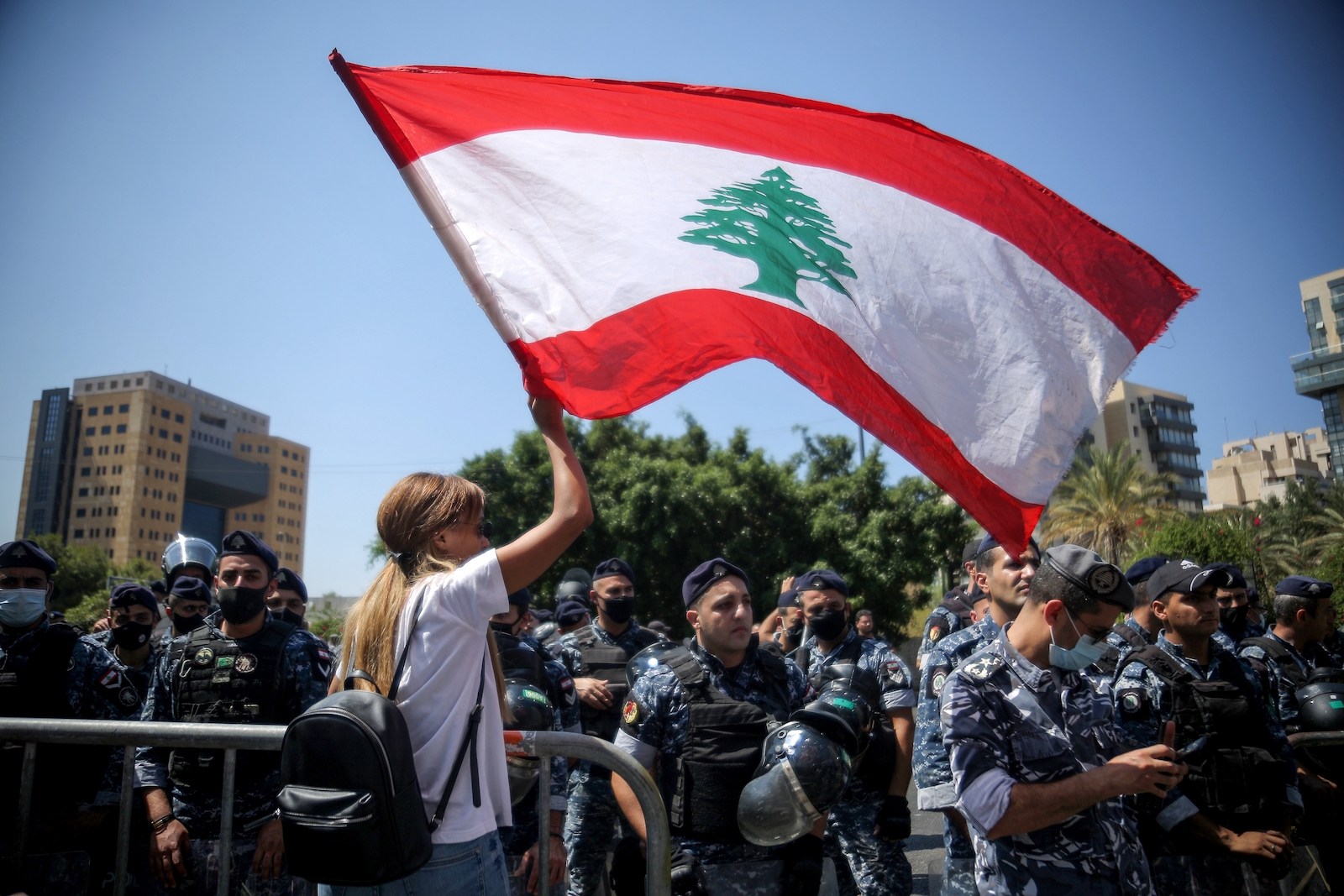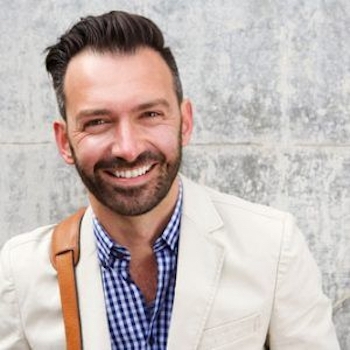
The Lebanese Establishment is its Own Worse Enemy.
In recent years, Lebanon has been hit by crisis after crisis. First, an economic and financial meltdown, then the pandemic hit, shortly followed by the devastating Port of Beirut blast. Each crisis alone was enough to bring the beleaguered nation to its knees, however, all three in quick succession have been a catastrophe for a nation once heralded as “The Paris of Middle East,” now a shadow of its former glory.
Since the 1990s, Lebanon had been experiencing steady growth, its GDP growing from $2.8 billion in 1990 to $55 billion in 2018, but in the proceeding years, the GDP has collapsed, currently standing at $33 billion. As such, Lebanon has seen two decades’ worth of growth wiped out, while the GDP keeps falling. We will not fully realize the length or extent of the damage for years to come.
This raises awkward questions for Lebanon’s political elites, who have neglected the nation and their duties for years. The political class wasn’t so much asleep at the wheel, as they were sitting in the backseat aimlessly looking out the window. Their dirty secret: there was in fact no one at the wheel. Against this backdrop of not one, but multiple crises, Lebanon has had no government for over a year.
Whilst the people suffered, had their life savings wiped out, and watched inflation drive the cost of living ever higher, the political establishment squabbled. Unwilling to risk their status, power, and influence even as the country they fought over slipped into the abyss.
As such, Lebanon has had few allies, few willing to stand up, and try to do what the politicians can’t; show leadership. Thankfully, Lebanon has a thriving, large and proud diaspora community. It is this community that has tried, perhaps in vain, to show some leadership.
Take for example Bahaa Hariri, the son of a former Lebanese prime minister, and brother to Saad Hariri, another prime minister. Bahaa might seem like an establishment leader, yet he has done more than most to show leadership in the fight against entrenched corruption. In the past year, he has helped to launch and fund a grassroots movement whose sole aim is to promote and enact constitutional reform to rid Lebanon of the corruption that has caused so much pain.
Yet Bahaa is not alone. In America, entrepreneur George Akiki, co-founder and CEO of LebNet set up the Beirut Emergency Fund following the Port of Beirut blast. The fund helped bring in much-needed aid after the international community – fed up with Lebanon’s failure to enact anything close to the constitutional reforms needed to clean up its act – refused to help.
Additionally, Carlos Slim, a Lebanese-Mexican business tycoon, and arguably the wealthiest of Lebanon’s diaspora community, donated an undisclosed amount to aid such efforts.
Far from accepting this lifeline, the Lebanese establishment – hell-bent on protecting their own vested self-interests – have fought back against such individuals. They won’t allow themselves to be shown up by anyone demonstrating anything resembling leadership, and more importantly, won’t allow anyone to challenge their tenuous grip on power.
As such, the likes of Bahaa Hariri, by virtue of his proximity to the grassroots Sawa Li-Lubnan movement, is seen as an existential threat and has faced a vicious backlash from the establishment. So keen to discredit the man, in recent weeks he has been accused of promoting Turkey’s interest.
Such claims, which are clearly baseless, are propagated by the amoral elite to stop anyone and anything from challenging their tenuous grip on power. Power that to date, has only been made possible thanks to the enforcement of Iran’s proxies, Hezbollah.
In the coming years and months, the people of Lebanon deserve better. Yet they remain stuck with an establishment incapable of leadership and unwilling to take the necessary action to uproot the status quo.
As the economy continues to spiral into the abyss, as life for ordinary people goes from bad to worse, it is the diaspora who are left to pick up the pieces. Attacking this lifeline from the diaspora is a worrying development from a desperate, out-of-touch political elite, determined to remain in power, at any cost.
